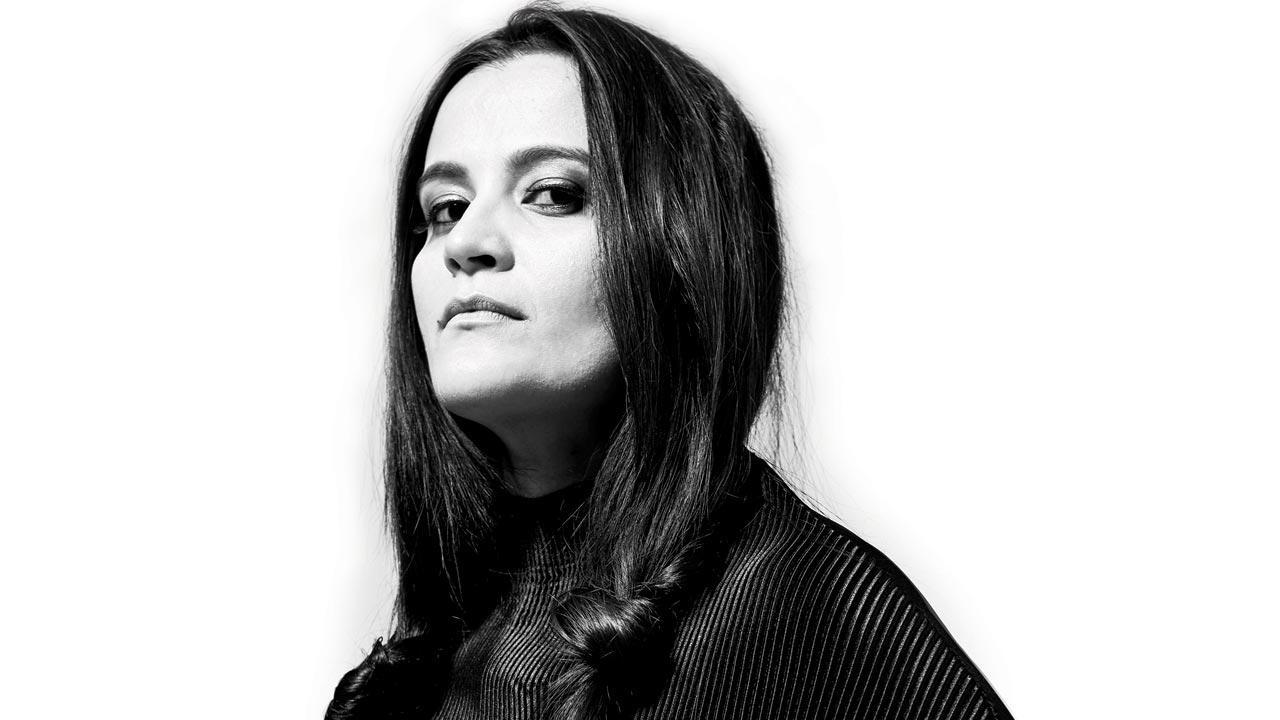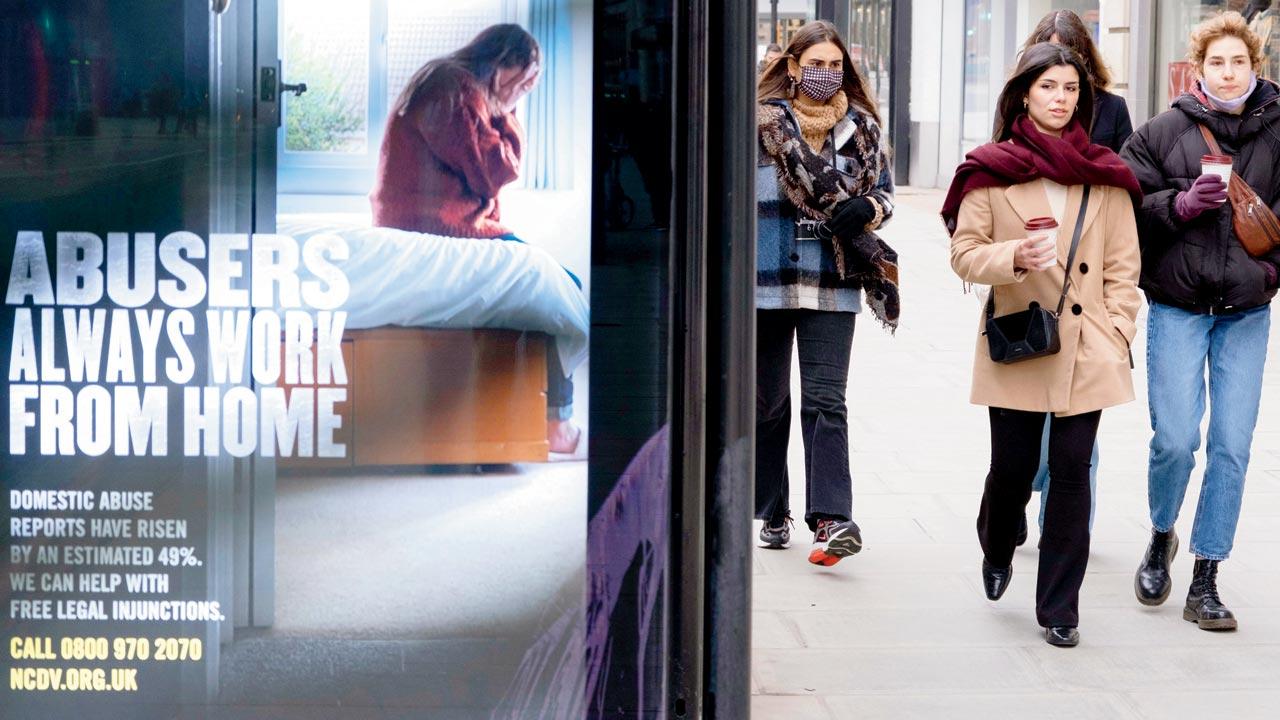Journalist and author Meghna Pant’s new book fictionalises a harrowing personal story of abuse and yet holds on to messages of hope and redemption

Meghna Pant says it took her eight years to gather the courage to write Boys Don’t Cry, a fictional story that draws closely from her life
I was a victim of abuse for almost five years and despite my education, modernity, exposure and the fact that I was financially independent, I didn’t have the courage to get out of the situation because I couldn’t identify what abuse was,” author Meghna Pant tells this writer over a video call. In her new book Boys Don’t Cry (Penguin Random House) which is “based on a true story, mostly”, we meet her heroine Maneka picking up white oleanders—markers of new beginnings—at a florist as she plans to throw a divorce party. Things soon take an unexpected turn when the police arrive at her door to arrest her for the murder of her ex-husband. At the police station, as Maneka relates incidents that brought her to the present moment, what unfolds are scenes from a marriage in which she is routinely humiliated, gaslit and abused. “No matter your background, it will not save you from abuse. There are 200 million women in our country today who are victims of some sort of abuse,” notes Pant, citing a UN study that said that almost 50-60 per cent of girls and boys thought it was okay to hit women. “This book is as much about a woman’s journey to redemption as it is about discussing mental health, and about breaking patriarchal rules set on women whether they live in Malabar Hill or in a chawl.”
ADVERTISEMENT
Pant says that she left her abuser in 2012 on the night of the Dubai launch of her first novel, One & A Half Wife at a time when not many people knew what she was going through. Even as her career was reaching new heights, “my personal life was hell”. She recalls, a harrowing incident from that evening when she was given exactly five minutes to collect her belongings before having to leave her house as he counted down the minutes finding its way into the book. “That was the last straw that broke the camel’s back so to speak,” she says, describing how she proceeded to remove herself from the site of violence. “That’s the first thing anyone in an abusive situation should do—they should get to somewhere safe. The second thing you have to do is to take out time to heal,” she insists, pointing out that this is something that is not discussed enough. “For me, it was writing, for you, it could be travelling the world, taking a break from your career, talking to friends and family, following a spiritual routine or even multiple sexual conquests,” she laughs. “Don’t apologise for whatever comes to you as a part of your healing. Embrace it, bring those broken pieces together and make a whole person again who is stronger and better than she was before, so that no one can do what your perpetrator did.” It is only then that the journey to redemption begins, she suggests.
 Bus stop advertisement for the National Centre for Domestic Violence in London in March 2021. Domestic violence in the UK saw a marked increased during the national lockdowns. Pic/Getty Images
Bus stop advertisement for the National Centre for Domestic Violence in London in March 2021. Domestic violence in the UK saw a marked increased during the national lockdowns. Pic/Getty Images
In 2014, even though Pant thought of starting to write a book about her experiences, she says she would break down often, the memories draining her emotionally. It was an article she wrote for a women’s magazine that finally opened the floodgates. “I had women from all around the country message me with stories of abuse–a dancer told me her boyfriend broke her spine, an actress said that her actor husband has thrown her out of a moving car and that she couldn’t talk about this in public because it would ruin his image.” The article and the responses it elicited became an impetus for the book.
Boys Don’t Cry with its close references to Pant’s own story rests somewhere between fiction and non-fiction. “I wanted to steer clear of tropes of the abla naari or krantikaari, so if I had just stuck to what had happened to me, it would have sounded too much like [a story of] victimhood,” she says. “So, I wanted to give it a twist. We need to give women the narrative that there is hope and redemption and a life for you after you leave your abuser and you can get the redemption is whichever way you seek.”
Pant’s book has attracted love and praise and has even been picked up to be made into a movie, she tells us, aware that had it been written 10 years ago, it would not have got the same kind of response. “As a society, we are more sensitive, more aware and willing to speak up.” “It’s been 10 years since I left my perpetrator. It sounds perverse to say this but I am glad I went through what I did because I would never have become a writer if I hadn’t been abused, I would have never found true love; I am now married to a wonderful man and have two beautiful daughters. I feel all the beauty that happened in my life, happened because of this tragedy because it gave me so much clarity about who I was, what my passion was and what I was seeking.”
 Subscribe today by clicking the link and stay updated with the latest news!" Click here!
Subscribe today by clicking the link and stay updated with the latest news!" Click here!







